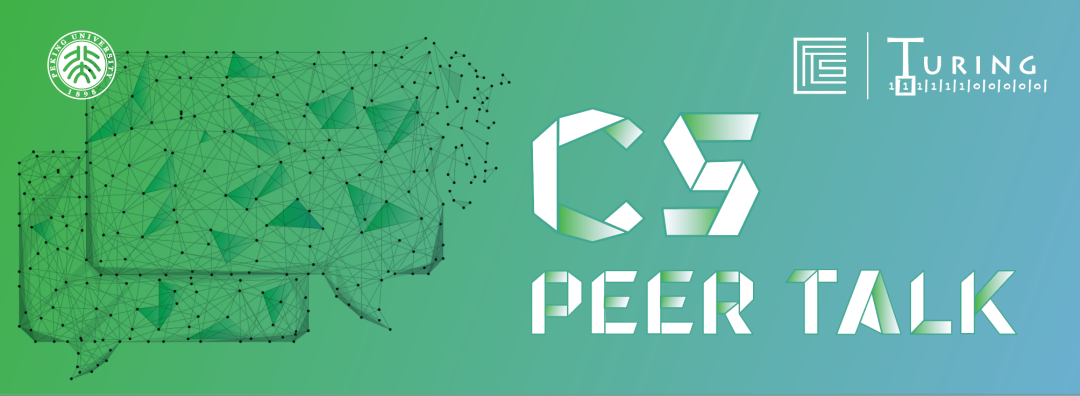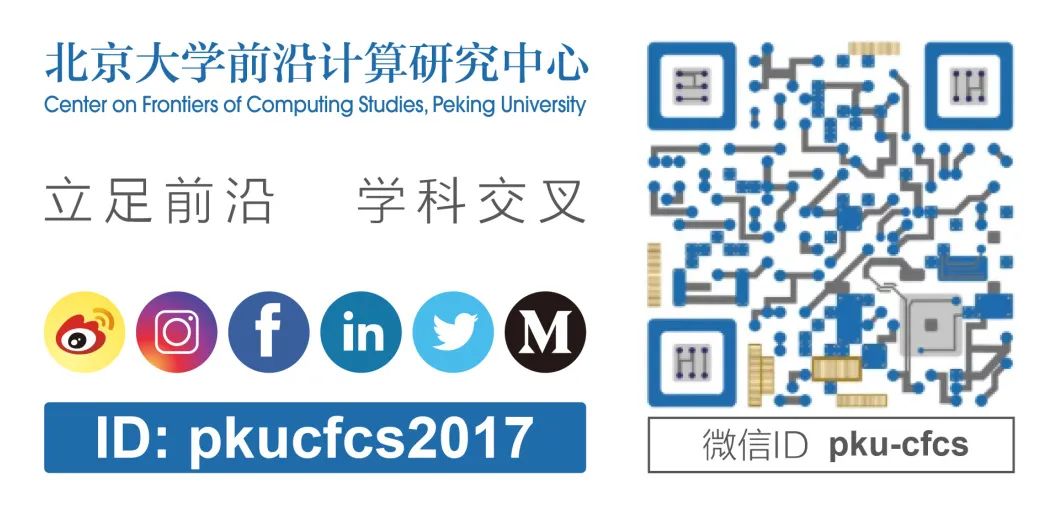
第三十三期
报告人:袁新钰,Mila
时间:10月20日(星期五)4:00pm
地点:静园五院204
报告信息
Title
Language Model for Biological Data
Abstract
In this presentation, we would focus on language models designed for biological data, such as proteins and cells, and the talk would be split into two parts. First, we would introduce an accepted oral at ICML2023 “ProtST: Multi-Modality Learning of Protein Sequences and Biomedical Texts”, which studies how to transit protein language models from primarily capturing co-evolutionary patterns to understanding protein functions, i.e., the role protein plays in managing cell activities and life processes. Following this, we’ll present a brief overview of the latest strides made in single-cell language model, especially for single cell RNA sequencing data, a novel and promising avenue in ML domain. Through this talk, we hope to share the idea that the scope of life science relates to many different data modalities that is worth exploring, not only including the known protein sequences, biological texts, but also encompassing a wider array of data such as RNA transcriptomics, cellular structures, and even more advanced aspects.
Biography

Xinyu Yuan is a second-year PhD student at Mila, advised by Prof. Jian Tang. Her research passionately delves into the realm of representation learning for biological data, to harness AI’s potential to advance understanding of biological systems and processes, with a particular emphasis on scalability and transferability. From the technique perspective, she expertises in large-scale graph representation learning for knowledge graph completion, and pre-training, transfer learning, and multi-modality learning with language models. In particular, knowledge graphs serve as an important bridge to connect all the different data modalities in biological domain. In the same time, language models serve as foundational tools for each data modality, to extract effective representations and infer latent patterns and deep structure that go well beyond the capacity of humans. She also spent some time in Intel AI Lab. And she obtained a bachelors’ degree in computer science from Peking University.
about CS Peer Talk
作为活动的发起人,我们来自北京大学图灵班科研活动委员会,主要由图灵班各年级同学组成。我们希望搭建一个CS同学交流的平台,促进同学间的交流合作,帮助同学练习展示,同时增进友谊。
目前在计划中的系列包括但不限于:
-
教程系列:学生讲者为主,介绍自己的研究领域
-
研究系列:学生讲者为主,介绍自己的研究成果
-
客座系列:邀请老师做主题报告
除非报告人特别要求,报告默认是非公开的,希望营造一个自由放松但又互相激励的交流氛围。

主讲嘉宾招募
如果你愿意和大家分享你的学术成果、经历经验,总结回顾、触发新思,欢迎报名自荐。
主讲人报名:发邮件至 cs_research_tc@163.com,写明想讲的题目、内容及时间。


北京大学图灵班科研活动委员会

— 版权声明 —
本微信公众号所有内容,由北京大学前沿计算研究中心微信自身创作、收集的文字、图片和音视频资料,版权属北京大学前沿计算研究中心微信所有;从公开渠道收集、整理及授权转载的文字、图片和音视频资料,版权属原作者。本公众号内容原作者如不愿意在本号刊登内容,请及时通知本号,予以删除。




 ufabet
มีเกมให้เลือกเล่นมากมาย: เกมเดิมพันหลากหลาย ครบทุกค่ายดัง
ufabet
มีเกมให้เลือกเล่นมากมาย: เกมเดิมพันหลากหลาย ครบทุกค่ายดัง


